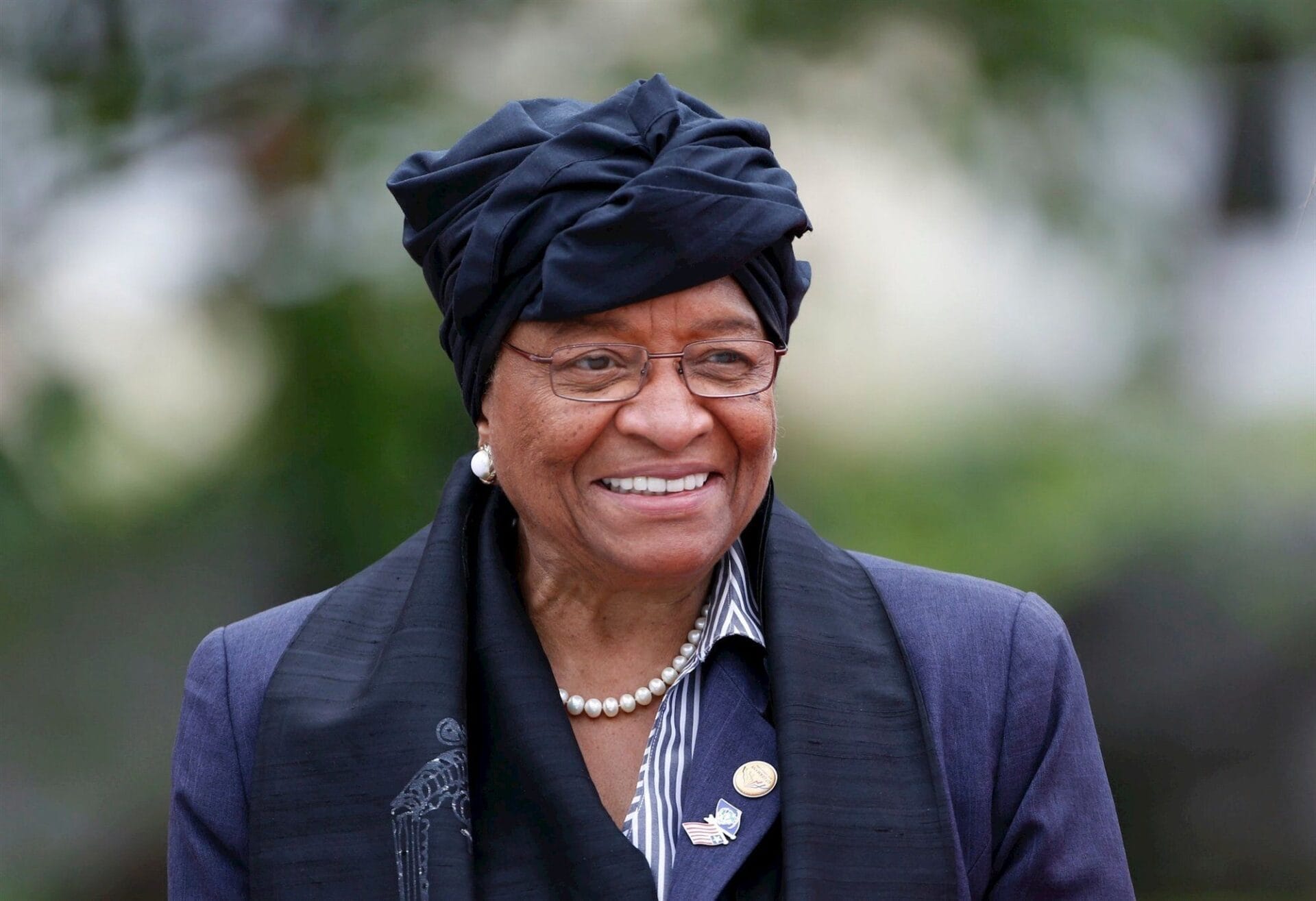Few names in modern history resonate with the gravity of leadership, the depth of resilience, and the power of moral clarity like Ellen Johnson Sirleaf. A trailblazer, a stateswoman, and a global beacon of democratic strength, she did not merely break glass ceilings, she redefined the very structure of power in the 21st century.
Born in 1938 in Monrovia, Liberia, Sirleaf rose from modest beginnings to become the first woman elected head of state on the African continent, ushering in a new era for her nation and setting a historic precedent for the world.
ALSO READ: Yusuf Haliru Binji: The Quiet Architect Behind BUA Cement’s Industrial Rise
Her journey, carved through exile, imprisonment, and political resistance, culminated in a presidency that reshaped a war-torn nation and inspired generations to believe in the promise of democratic transformation.
Educated in economics and public policy at Harvard’s Kennedy School of Government, Sirleaf emerged in the 1970s as a formidable technocrat, taking on high-profile roles in Liberia’s Ministry of Finance. But it was her unyielding integrity, her refusal to bow to tyranny, that set her apart. Her principled defiance of successive military regimes led to imprisonment and exile, but never silence.
In the shadows of two brutal civil wars that decimated Liberia’s infrastructure and hope, Sirleaf stood as a symbol of reconstruction and reconciliation. When she was elected president in 2005, it was not merely a political victory, it was a national rebirth. With steady hands and a visionary mind, she reopened Liberia to the world, attracted billions in foreign investment, and wiped out $4.6 billion in crippling external debt. Under her stewardship, schools reopened, roads were rebuilt, and healthcare systems began their slow but steady return to life.
ALSO READ: Don Jazzy: The Maestro Behind Africa’s Cultural Powerhouse
In 2011, her commitment to peace and democratic inclusion was recognized globally when she was awarded the Nobel Peace Prize, not as a lone stateswoman, but as part of a triad of women leaders committed to nonviolent struggle for the safety of women and their participation in peacebuilding.
Perhaps her most unsung triumph came in 2014, when the Ebola crisis threatened not only the health of Liberia but the stability of its very existence. Sirleaf refused to allow fear to fracture her country. She mobilized a deeply coordinated response, brought global attention to the outbreak, and steered Liberia toward recovery with transparency and courage, restoring international confidence in West African governance.
Even in stepping down after two presidential terms, Sirleaf set another rare democratic example; a peaceful, constitutional transition of power, a rarity in a region often marred by political turbulence. In recognition of her extraordinary legacy, she became the first woman to receive the Ibrahim Prize for Achievement in African Leadership, cementing her name alongside the most visionary leaders of the modern era.
ALSO READ: Silas Adekunle: Reimagining Robotics from Lagos to the World
Today, she continues to shape the course of history, not through elected office, but through mentorship, institution-building, and global diplomacy. Her EJS Presidential Center for Women and Development is cultivating a new generation of transformational leaders, especially women, equipping them not just to participate in leadership, but to redefine it entirely.
Ellen Johnson Sirleaf is not simply a former president. She is a historic force, a living testimony to the truth that principled leadership can emerge from the ashes of conflict, and that a single voice, when unwavering, can recalibrate the trajectory of a nation.
Her name is etched not only in the records of Liberia, but in the annals of global governance. She has proven that greatness is not inherited, nor demanded, it is forged. And in the long arc of history, it is leaders like Sirleaf who bend that arc closer to justice, peace, and possibility.

